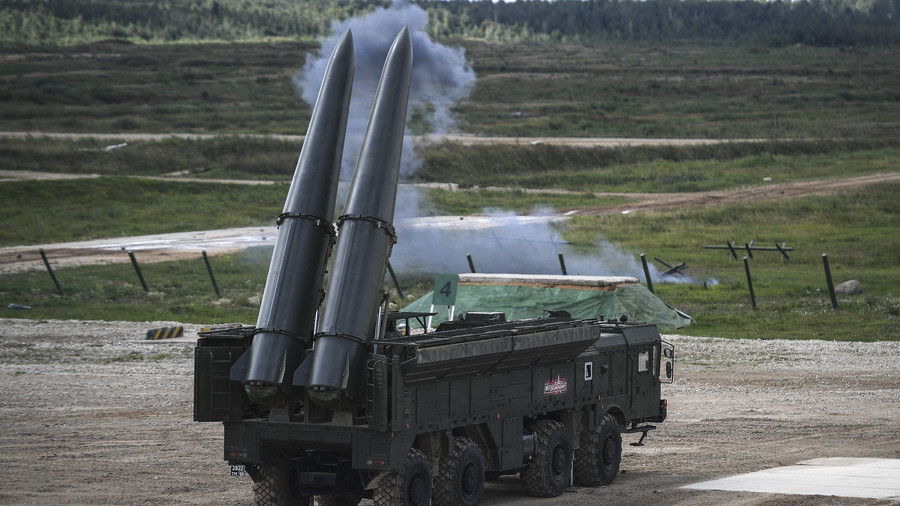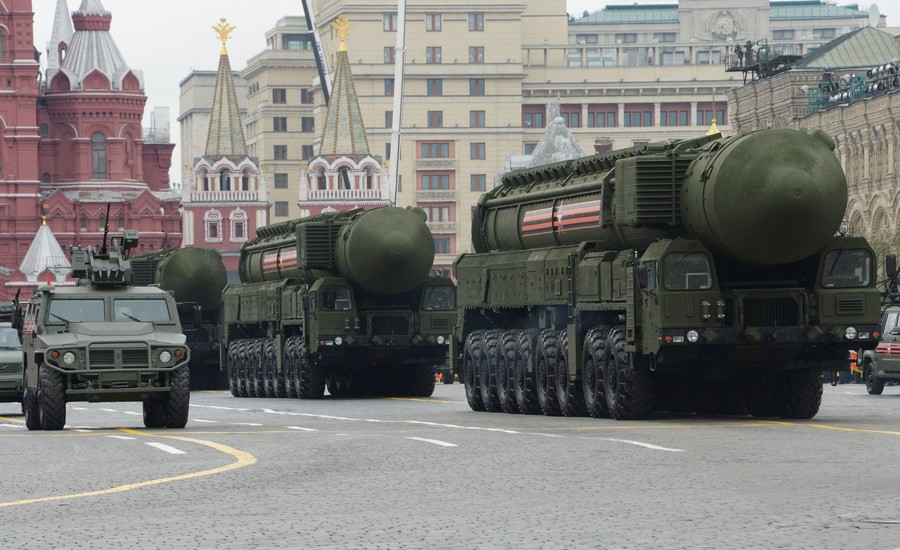https://mil.news.sina.com.cn/2018-11-24/doc-ihmutuec3224678.shtml
英媒:俄罗斯将废除不首先使用核武器原则
2018年11月24日 14:33 新华网
0
原标题:英媒:俄将废除不首先使用核武原则
英媒称,根据俄罗斯议会批准的计划,普京总统将有权使用核武器先发制人。
据英国《泰晤士报》网站11月23日报道,俄罗斯联邦委员会(议会上院)参议员建议废除禁止首先使用大规模杀伤性武器的军事原则。此前普京表示,如果美国退出具有里程碑意义的《中导条约》,莫斯科将进行报复。
报道称,此次修改后,总统可以下令实施核打击,以回应敌人的常规武器袭击。之前的军事原则是,除非俄罗斯受到大规模杀伤性武器威胁或“到了危急存亡时刻”,否则禁止首先使用核武器。
报道称,联邦委员会建议,如果俄罗斯受到“高超音速和非核战略武器”的攻击,应允许俄罗斯使用核武器进行报复。这些无约束力的建议是在与国防部官员讨论后拟定的。
报道还称,普京19日会晤了军方官员,讨论俄罗斯如何应对特朗普宣布美国打算退出1987年由里根和戈尔巴乔夫签署的《中导条约》。普京说,“俄罗斯不会坐视”美国退出该条约,但他没有透露更多细节。克里姆林宫警告说,美国的决定将使世界“更加危险”。
British media: Russia will abolish the principle of not using nuclear weapons first
November 24, 2018 14:33 Xinhuanet
0
Original title: British media: Russia will abolish the principle of not using nuclear weapons first
British media said that according to the plan approved by the Russian parliament, President Putin will have the right to use nuclear weapons to preempt.
According to the British "Times" website reported on November 23, the Senate of the Russian Federation (the upper house of parliament) proposed to abolish the military principle prohibiting the first use of weapons of mass destruction. Prior to this, Putin said that if the United States withdraws from the landmark "Guidelines", Moscow will retaliate.
According to the report, after the revision, the president can order a nuclear strike in response to the enemy’s conventional weapons attack. The previous military principle was that the first use of nuclear weapons was prohibited unless Russia was threatened by weapons of mass destruction or “at a critical moment of survival”.
According to the report, the Federal Council recommended that if Russia is attacked by "supersonic and non-nuclear strategic weapons", Russia should be allowed to use nuclear weapons for retaliation. These non-binding recommendations were developed after discussions with Defense Department officials.
The report also said that Putin met with military officials on the 19th to discuss how Russia should respond to Trump’s announcement that the United States intends to withdraw from the 1987 Treaty signed by Reagan and Gorbachev. Putin said that "Russia will not sit idly" that the United States has withdrawn from the treaty, but he did not disclose more details. The Kremlin warned that the US decision would make the world "more dangerous."
https://www.independent.co.uk/news/...ar-weapons-hypersonic-strategic-a8645646.html
Nuclear weapons should be used in response to 'non-nuclear strategic weapons', says Russian parliamentary committee
Calls for more precise wording for when the weapons should be used
Click to follow
The Independent
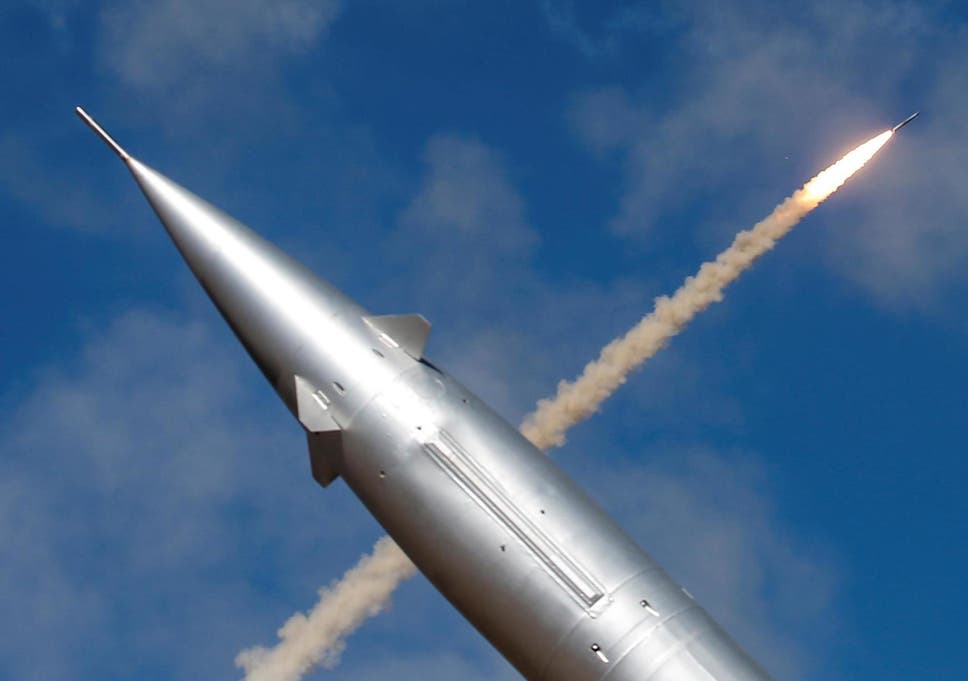
A missile of an anti-aircraft defence mobile missile system is seen in front of a missile launched from S-300 antiaircraft system ( Reuters )
A Russian parliamentary committee has said that nuclear weapons should be used in response to “hypersonic and non-nuclear strategic weapons”.
Russia’s upper house of parliament has provided a non-binding recommendation to the National Security Council to change its rules on nuclear weapons.
The rulebook is updated once every few years and was last changed in 2014.
Read more
The current doctrine has provisions for nuclear responses if there is a “risk to statehood” but the latest recommendation calls for more precise wording.
Recommended changes to the requirements include references to hypersonic weapons which are not currently in use.
Russia and China are the two countries believed to be aggressively pursuing research in this field.
Hypersonic weapons travel at least five times faster than the speed of sound and are currently in development.
World news in pictures
Show all 50
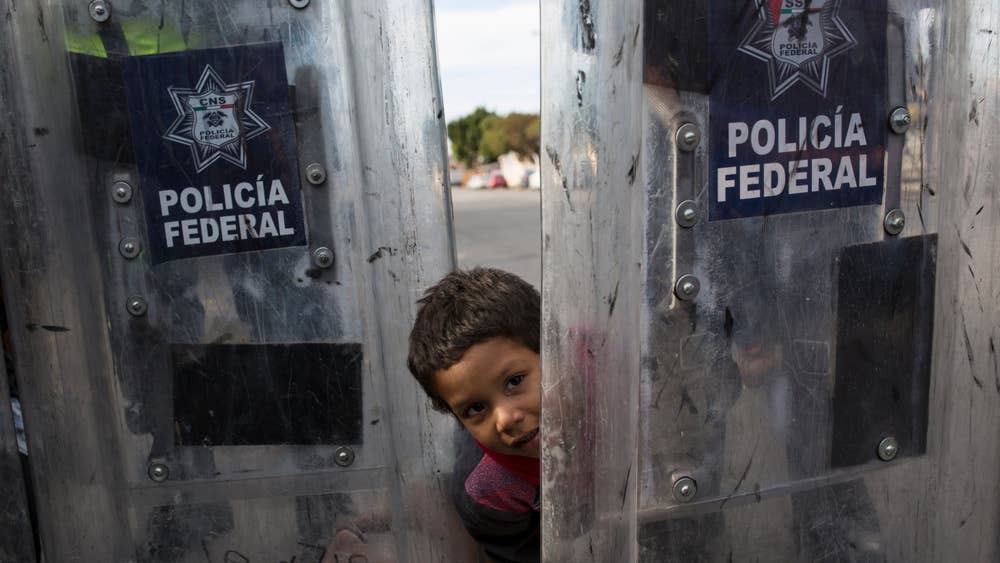
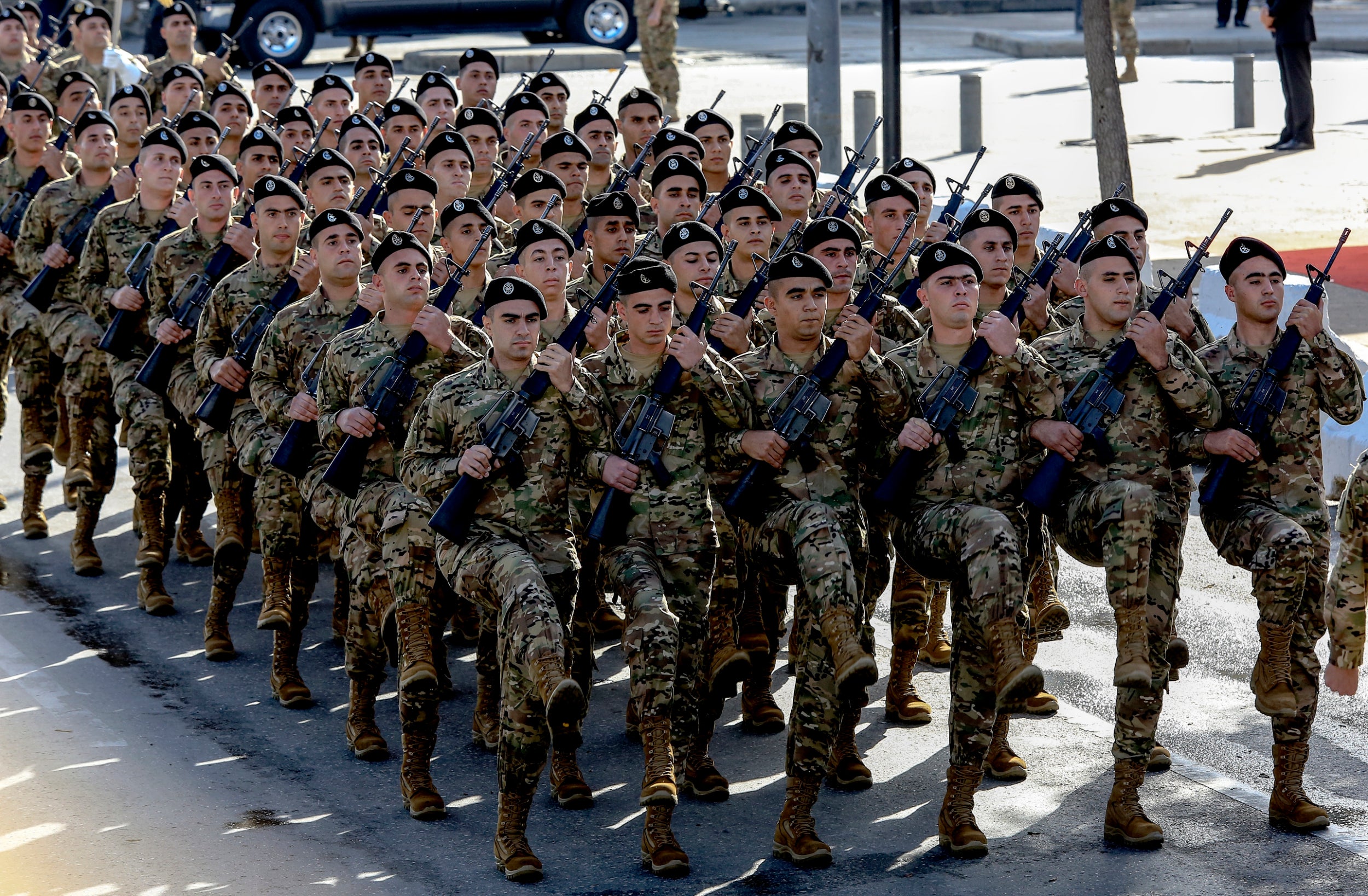

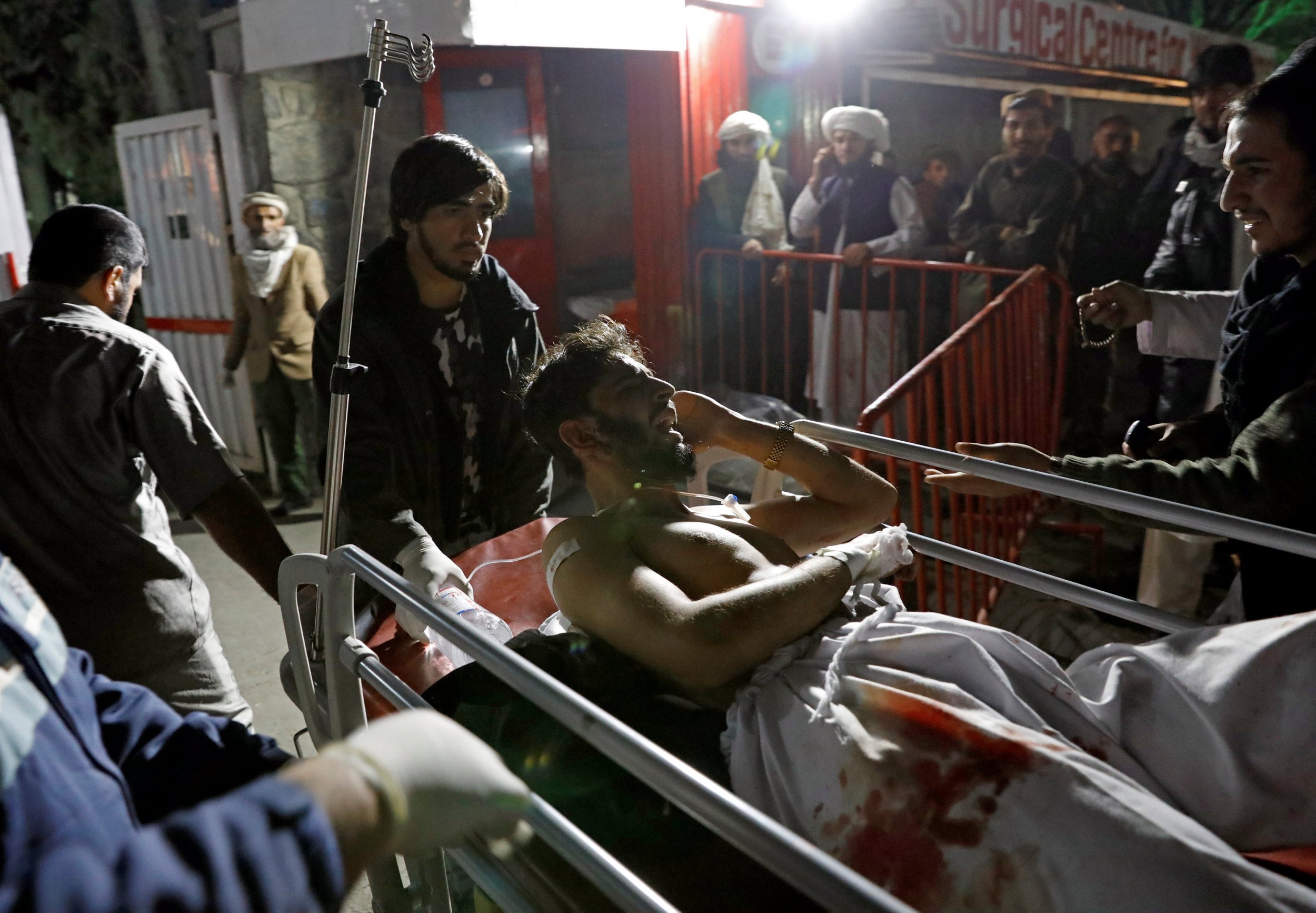
Currently there are no effective defence systems against hypersonic weapons, which when they are functional will be able to fly at altitudes of up to 100,000 feet.
Agencies contributed to this report
https://www.newsweek.com/russian-senators-make-easier-use-nuclear-weapons-war-increasing-1227112
Russian Senators Want to Make It Easier to Use Nuclear Weapons Because They Think Threat of War Is Increasing
By Tom O'Connor On 11/21/18 at 5:33 PM
Which Countries Have The Most Nuclear Weapons?
Share
World International Affairs
Russian senators have proposed changes to the country's nuclear doctrine, potentially giving Moscow the power to launch weapons of mass destructions in response to a conventional attack.
Members of the Federation Council, the upper house of Russia's parliament, recommended Wednesday that Moscow expand its nuclear doctrine to include "taking a decision to retaliate in case of enemy use of hypersonic and other strategic conventional weapons" according to a state-run RIA Novosti report translated by fellow Russian government-owned outlet RT. The discussions reportedly came after consultations with officials from the Russian Ministry of Defense.
The news came as President Donald Trump publicly considered leaving the Intermediate-Range Nuclear Forces (INF) treaty, to which Russian President Vladimir Putin and members of his administration have threatened to respond with military measures of their own.
 A member of Russia's Strategic Missile Troops guides an RS-24 Yars intercontinental ballistic missile launcher in the Ivanovo region, July 4, 2016. Russian President Vladimir Putin has sought to expand his country's conventional and nuclear capabilities. Russian Ministry of Defense
A member of Russia's Strategic Missile Troops guides an RS-24 Yars intercontinental ballistic missile launcher in the Ivanovo region, July 4, 2016. Russian President Vladimir Putin has sought to expand his country's conventional and nuclear capabilities. Russian Ministry of Defense
According to Russia's latest nuclear doctrine, adopted in December 2014, the country "shall reserve the right to use nuclear weapons in response to the use of nuclear and other types of weapons of mass destruction against it and/or its allies, as well as in the event of aggression against the Russian Federation with the use of conventional weapons when the very existence of the state is in jeopardy."
It also states that "Nuclear weapons will remain an important factor of preventing an outbreak of nuclear military conflicts involving the use of conventional arms (large-scale war or regional war)." That same year, Moscow's annexation of the Crimean Peninsula amid political unrest in neighboring Ukraine sparked a massive mobilization of U.S.-led NATO Western military alliance along Europe's eastern boundaries with Russia.
The two factions have increasingly militarized their borders, conducting dueling exercises of historic magnitudes. As tensions spiraled, the U.S. had accused Russia of violating the INF—a 1987 treaty banning the deployment of land-based nuclear and non-nuclear ballistic missiles with ranges of 500 to 5,500 kilometers (310 to 3,420 miles—by developing the Novator 9M729 missile system, while Russia claimed the U.S. had broken its end of the bargain by installing a missile defense shield that could allegedly be used offensively in the event of a conflict.
Trump announced last month his intention to withdraw from the INF, drawing harsh ominous warnings from Putin and other Moscow officials. On Wednesday, Russian senators and Defense Ministry officials warned that updating the nuclear doctrine was necessary due to a heightened risk of local and regional conflicts spilling over into a large-scale war involving conventional or nuclear attacks.
 A screen shot from a video demonstration accompanying Russian President Vladimir Putin's March 1 state of the nation speech simulates warheads from the RS-28 Sarmat intercontinental ballistic missile raining down on what appears to be the Tampa Bay area of Florida. TASS RUSSIAN NEWS AGENCY/REUTERS
A screen shot from a video demonstration accompanying Russian President Vladimir Putin's March 1 state of the nation speech simulates warheads from the RS-28 Sarmat intercontinental ballistic missile raining down on what appears to be the Tampa Bay area of Florida. TASS RUSSIAN NEWS AGENCY/REUTERS
In addition the potential U.S. pullout from the INF, these concerns may have partially been fueled by another controversial decision by the Trump administration. The Pentagon amended its own nuclear doctrine in February when it issued its latest Nuclear Posture Review, which focused heavily on perceived threats from Russia and China. The document called for low-yield nuclear weapons, which many experts have argued could make them more tempting to use.
Both the U.S. and Russia have refused to adopt "no-first-use" policies in terms, but have generally vowed to only use nuclear weapons defensively. Still, both Trump and Putin have set out to modernize their respective strategic capabilities as they continue to gradually disarm as part of the 2010 New Strategic Arms Reduction Treaty (New START), an agreement that followed the 1991 START.
英媒:俄罗斯将废除不首先使用核武器原则
2018年11月24日 14:33 新华网
0
原标题:英媒:俄将废除不首先使用核武原则
英媒称,根据俄罗斯议会批准的计划,普京总统将有权使用核武器先发制人。
据英国《泰晤士报》网站11月23日报道,俄罗斯联邦委员会(议会上院)参议员建议废除禁止首先使用大规模杀伤性武器的军事原则。此前普京表示,如果美国退出具有里程碑意义的《中导条约》,莫斯科将进行报复。
报道称,此次修改后,总统可以下令实施核打击,以回应敌人的常规武器袭击。之前的军事原则是,除非俄罗斯受到大规模杀伤性武器威胁或“到了危急存亡时刻”,否则禁止首先使用核武器。
报道称,联邦委员会建议,如果俄罗斯受到“高超音速和非核战略武器”的攻击,应允许俄罗斯使用核武器进行报复。这些无约束力的建议是在与国防部官员讨论后拟定的。
报道还称,普京19日会晤了军方官员,讨论俄罗斯如何应对特朗普宣布美国打算退出1987年由里根和戈尔巴乔夫签署的《中导条约》。普京说,“俄罗斯不会坐视”美国退出该条约,但他没有透露更多细节。克里姆林宫警告说,美国的决定将使世界“更加危险”。
British media: Russia will abolish the principle of not using nuclear weapons first
November 24, 2018 14:33 Xinhuanet
0
Original title: British media: Russia will abolish the principle of not using nuclear weapons first
British media said that according to the plan approved by the Russian parliament, President Putin will have the right to use nuclear weapons to preempt.
According to the British "Times" website reported on November 23, the Senate of the Russian Federation (the upper house of parliament) proposed to abolish the military principle prohibiting the first use of weapons of mass destruction. Prior to this, Putin said that if the United States withdraws from the landmark "Guidelines", Moscow will retaliate.
According to the report, after the revision, the president can order a nuclear strike in response to the enemy’s conventional weapons attack. The previous military principle was that the first use of nuclear weapons was prohibited unless Russia was threatened by weapons of mass destruction or “at a critical moment of survival”.
According to the report, the Federal Council recommended that if Russia is attacked by "supersonic and non-nuclear strategic weapons", Russia should be allowed to use nuclear weapons for retaliation. These non-binding recommendations were developed after discussions with Defense Department officials.
The report also said that Putin met with military officials on the 19th to discuss how Russia should respond to Trump’s announcement that the United States intends to withdraw from the 1987 Treaty signed by Reagan and Gorbachev. Putin said that "Russia will not sit idly" that the United States has withdrawn from the treaty, but he did not disclose more details. The Kremlin warned that the US decision would make the world "more dangerous."
https://www.independent.co.uk/news/...ar-weapons-hypersonic-strategic-a8645646.html
Nuclear weapons should be used in response to 'non-nuclear strategic weapons', says Russian parliamentary committee
Calls for more precise wording for when the weapons should be used
- Shehab Khan @ShehabKhan
- 2 days ago
- 0 comments
Click to follow
The Independent

A missile of an anti-aircraft defence mobile missile system is seen in front of a missile launched from S-300 antiaircraft system ( Reuters )
A Russian parliamentary committee has said that nuclear weapons should be used in response to “hypersonic and non-nuclear strategic weapons”.
Russia’s upper house of parliament has provided a non-binding recommendation to the National Security Council to change its rules on nuclear weapons.
The rulebook is updated once every few years and was last changed in 2014.
Read more
-
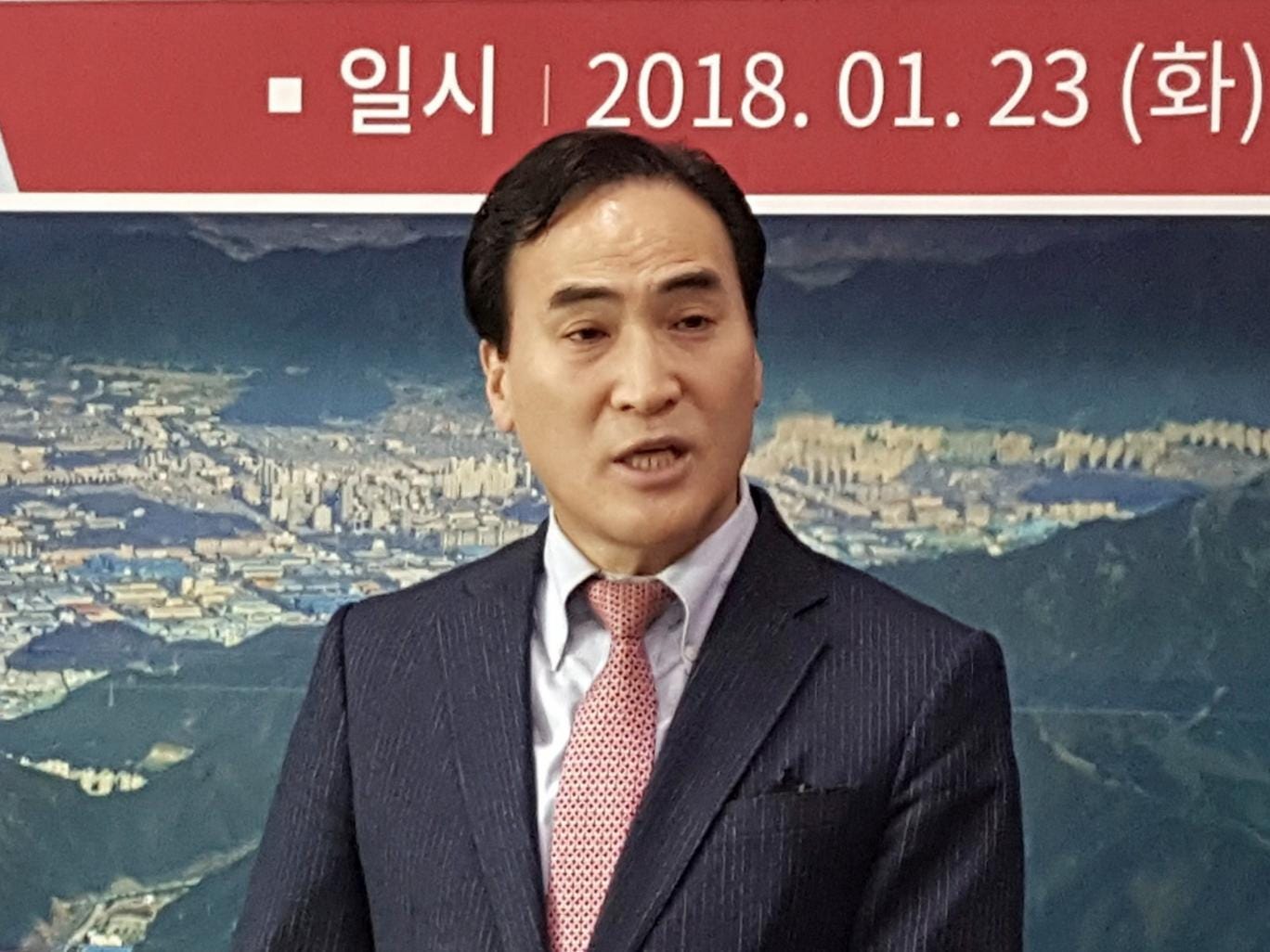
Putin ally loses out on Interpol presidency to South Korean -
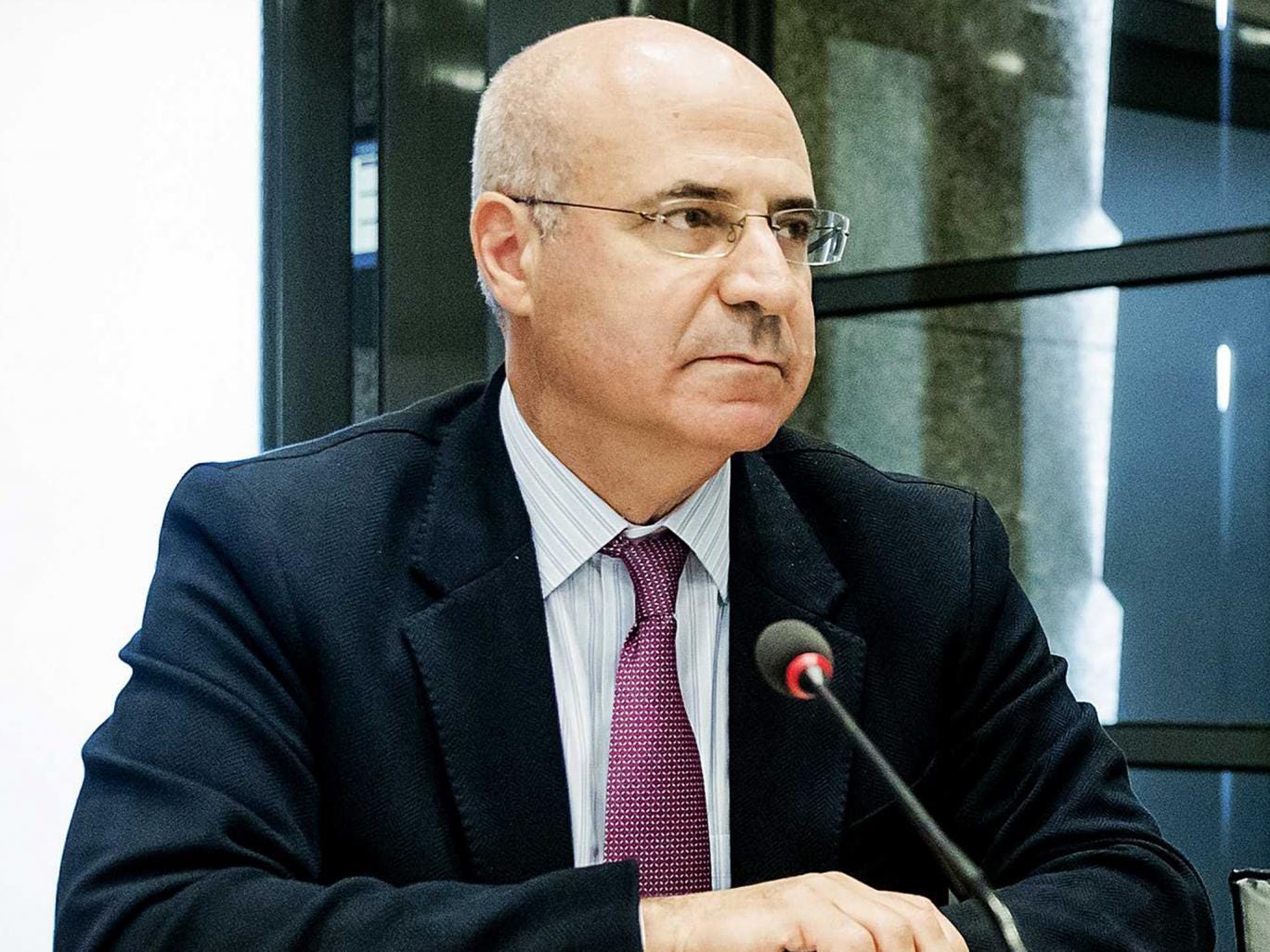
Russia accuses Putin critic Bill Browder of poisoning Sergei Magnitsky -
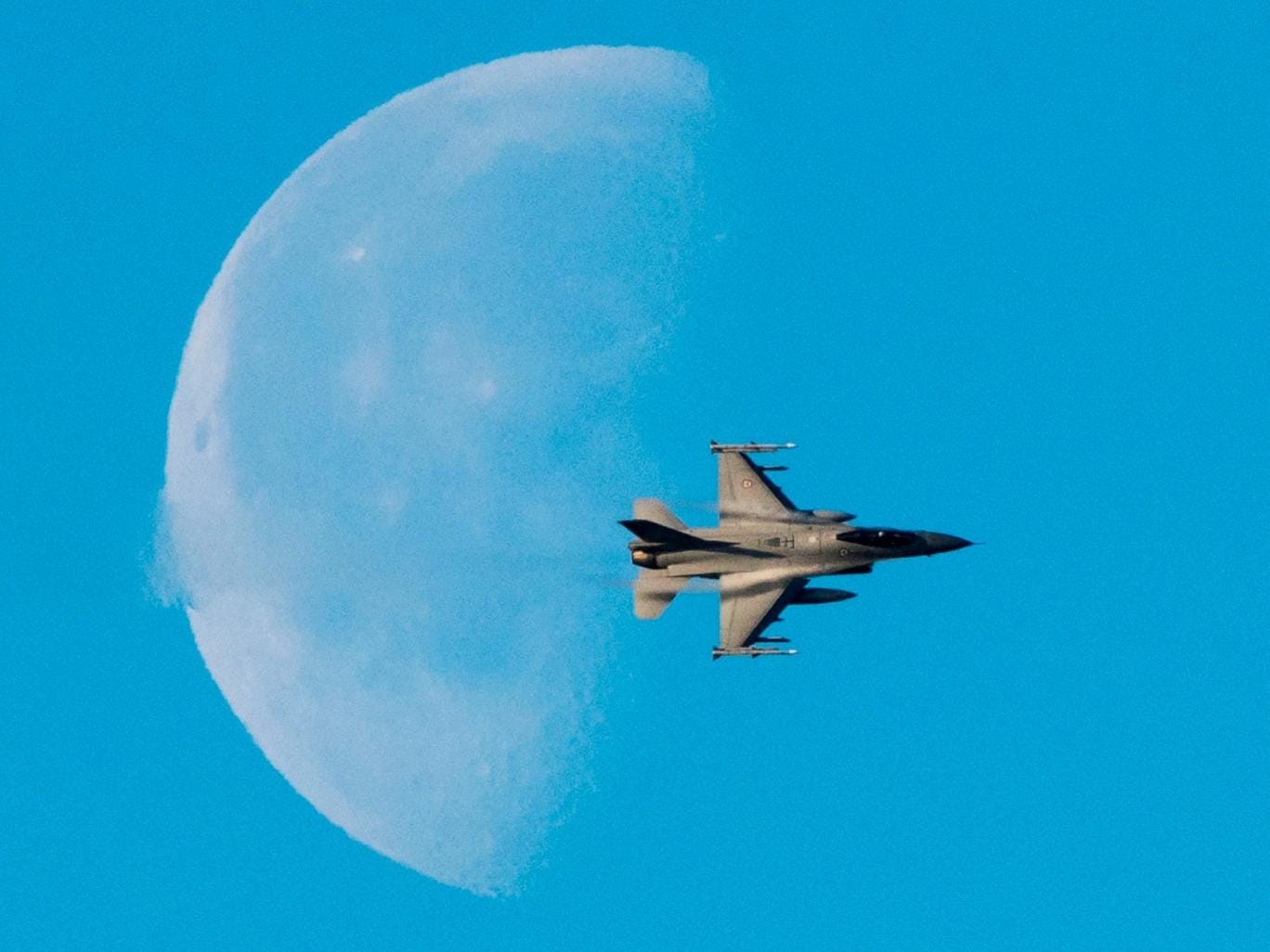
Russia ‘deliberately disrupted GPS signals during Nato drill’
The current doctrine has provisions for nuclear responses if there is a “risk to statehood” but the latest recommendation calls for more precise wording.
Recommended changes to the requirements include references to hypersonic weapons which are not currently in use.
Russia and China are the two countries believed to be aggressively pursuing research in this field.
Hypersonic weapons travel at least five times faster than the speed of sound and are currently in development.
World news in pictures
Show all 50




Currently there are no effective defence systems against hypersonic weapons, which when they are functional will be able to fly at altitudes of up to 100,000 feet.
Agencies contributed to this report
https://www.newsweek.com/russian-senators-make-easier-use-nuclear-weapons-war-increasing-1227112
Russian Senators Want to Make It Easier to Use Nuclear Weapons Because They Think Threat of War Is Increasing
By Tom O'Connor On 11/21/18 at 5:33 PM
Which Countries Have The Most Nuclear Weapons?
Share
World International Affairs
Russian senators have proposed changes to the country's nuclear doctrine, potentially giving Moscow the power to launch weapons of mass destructions in response to a conventional attack.
Members of the Federation Council, the upper house of Russia's parliament, recommended Wednesday that Moscow expand its nuclear doctrine to include "taking a decision to retaliate in case of enemy use of hypersonic and other strategic conventional weapons" according to a state-run RIA Novosti report translated by fellow Russian government-owned outlet RT. The discussions reportedly came after consultations with officials from the Russian Ministry of Defense.
The news came as President Donald Trump publicly considered leaving the Intermediate-Range Nuclear Forces (INF) treaty, to which Russian President Vladimir Putin and members of his administration have threatened to respond with military measures of their own.
According to Russia's latest nuclear doctrine, adopted in December 2014, the country "shall reserve the right to use nuclear weapons in response to the use of nuclear and other types of weapons of mass destruction against it and/or its allies, as well as in the event of aggression against the Russian Federation with the use of conventional weapons when the very existence of the state is in jeopardy."
It also states that "Nuclear weapons will remain an important factor of preventing an outbreak of nuclear military conflicts involving the use of conventional arms (large-scale war or regional war)." That same year, Moscow's annexation of the Crimean Peninsula amid political unrest in neighboring Ukraine sparked a massive mobilization of U.S.-led NATO Western military alliance along Europe's eastern boundaries with Russia.
The two factions have increasingly militarized their borders, conducting dueling exercises of historic magnitudes. As tensions spiraled, the U.S. had accused Russia of violating the INF—a 1987 treaty banning the deployment of land-based nuclear and non-nuclear ballistic missiles with ranges of 500 to 5,500 kilometers (310 to 3,420 miles—by developing the Novator 9M729 missile system, while Russia claimed the U.S. had broken its end of the bargain by installing a missile defense shield that could allegedly be used offensively in the event of a conflict.
Trump announced last month his intention to withdraw from the INF, drawing harsh ominous warnings from Putin and other Moscow officials. On Wednesday, Russian senators and Defense Ministry officials warned that updating the nuclear doctrine was necessary due to a heightened risk of local and regional conflicts spilling over into a large-scale war involving conventional or nuclear attacks.
In addition the potential U.S. pullout from the INF, these concerns may have partially been fueled by another controversial decision by the Trump administration. The Pentagon amended its own nuclear doctrine in February when it issued its latest Nuclear Posture Review, which focused heavily on perceived threats from Russia and China. The document called for low-yield nuclear weapons, which many experts have argued could make them more tempting to use.
Both the U.S. and Russia have refused to adopt "no-first-use" policies in terms, but have generally vowed to only use nuclear weapons defensively. Still, both Trump and Putin have set out to modernize their respective strategic capabilities as they continue to gradually disarm as part of the 2010 New Strategic Arms Reduction Treaty (New START), an agreement that followed the 1991 START.

